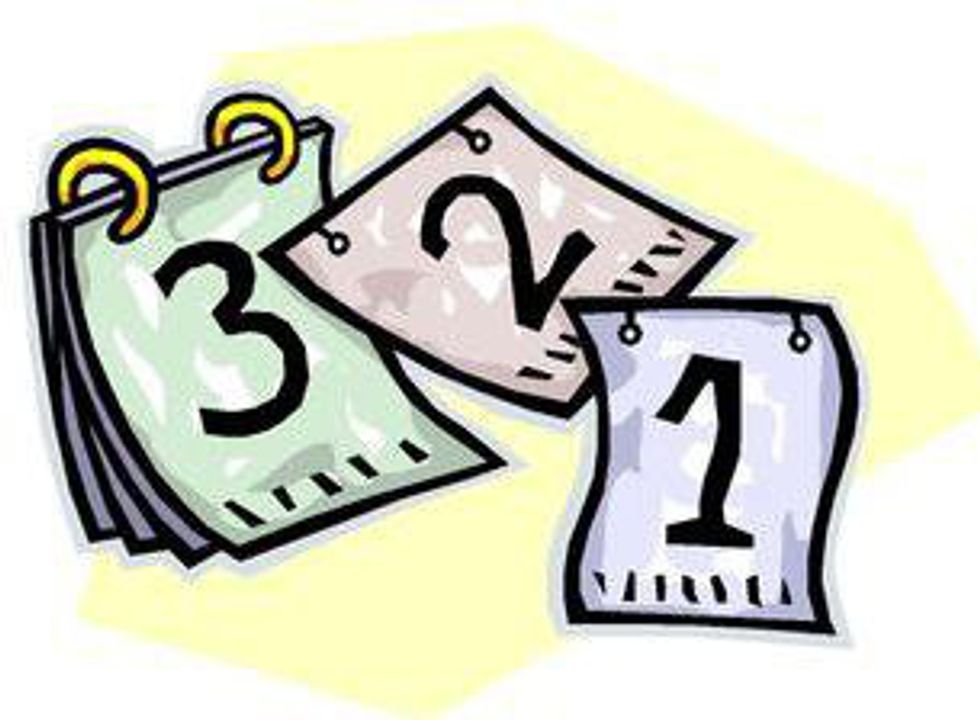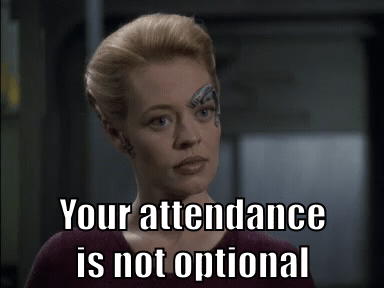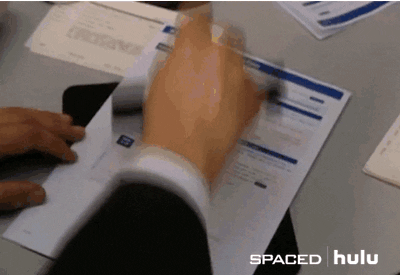Prepared public speaking is one of the most difficult but rewarding CDE’s that FFA has to offer. If you’ve ever competed in this CDE, you know the struggles that come with it, but you’ve also grown familiar with the satisfying feeling that comes after presenting your speech.
Right from the very beginning, prepared public speaking throws some challenges your way. It begins with the ever-dreaded topic selection. You want something that’s interesting enough to keep someone’s attention for six to eight minutes, something you’re passionate about, and something you know you can supply the best facts for. After plenty of research and tons of consideration, you will find the perfect topic, despite any doubts you acquired in the process.
Once you’ve finally decided what topic you’re going to speak about, the writing aspect of this CDE kicks in. You’ve got all the facts, you know what you want to say, and you’re ready to write, but for some unknown reason you CANNOT GET IT DOWN ON PAPER. You sit down to write, you have this incredible idea that will knock the judges socks off, you stretch your hands out to type or write, and before you know it, you’ve been staring at the same blank screen for an hour, with absolutely no progress. And it’s so frustrating. All the information is right there in your mind, and you’re convinced you’re the most educated person on your topic in the entire world, but for some reason, that information cannot be transferred. This part of the speech process can be incredibly tough until you finally get every word to flow in your speech, and you're relieved until of course, you check how long your speech is. It's common knowledge that the senior prepared public speeches must be between six and eight minutes, and major points can be taken off if they're over or under. Some may think that having a speech that’s under the time requirement is the worst, but there are things even eviler in this world. When you've prepared a lovely speech, certain it's the best work you've ever completed, and you check to see how long it is when spoken, the most devastating thing to happen is realizing that you went over your time limit. This is completely awful simply because at this point, you've constructed this to the point of perfection, and now you must remove part of the carefully planned speech in order to complement the time you are given. It's terrible. And the process of your speech doesn't even stop there.
Next, you must conquer memorization. This may be the most tedious part of your speech because you know what you wrote, and sometimes you can nail your practice without a single flaw, and other times, you feel as if you're trying to recite your least favorite novel…. backward. You've used every practice tip in the books, including reading your speech before bed, reading in front of a mirror, using flash cards, recording yourself speaking, everything. Sometimes, these tips are a blessing, and other times, nothing seems to work, no matter how hard you try to make it do so. The only key to success in this situation is to continue reading, continue practicing, and never give up because that hard work will pay off.
I've mentioned it before, and I'll mention it again. Prepared public speaking is a challenge, it takes a lot of time and preparation, along with immense amounts of dedication. But, it's also rewarding in the sense that you'll feel so incredibly accomplished once you speak, and you also learn skills along the way that you can use for a lifetime









































